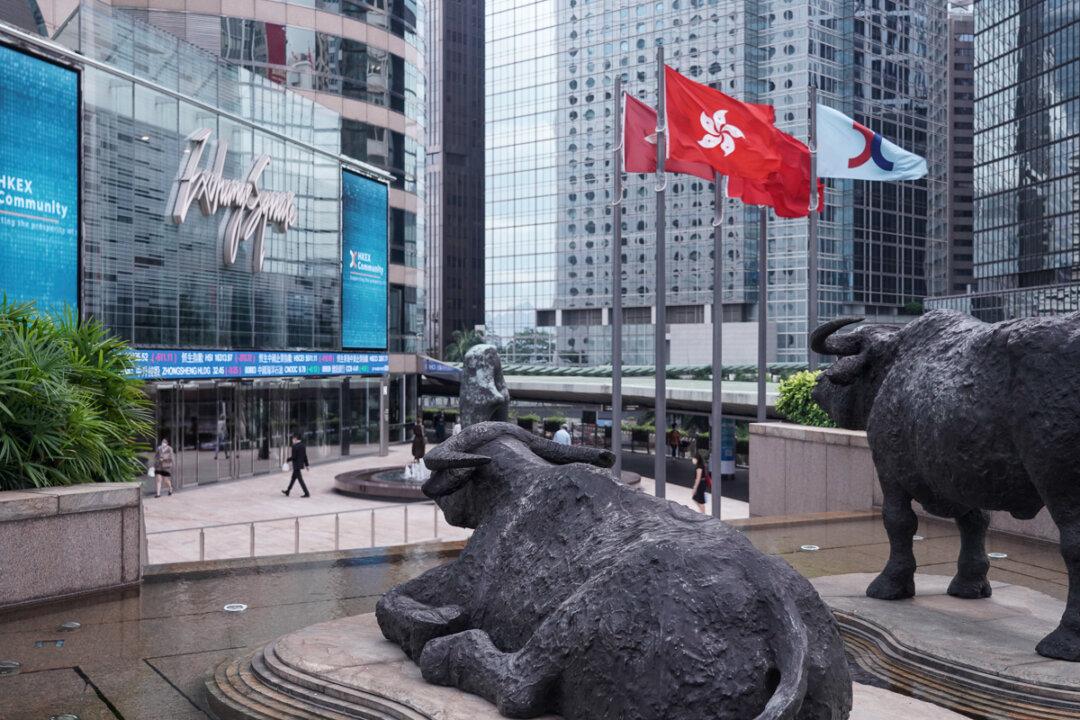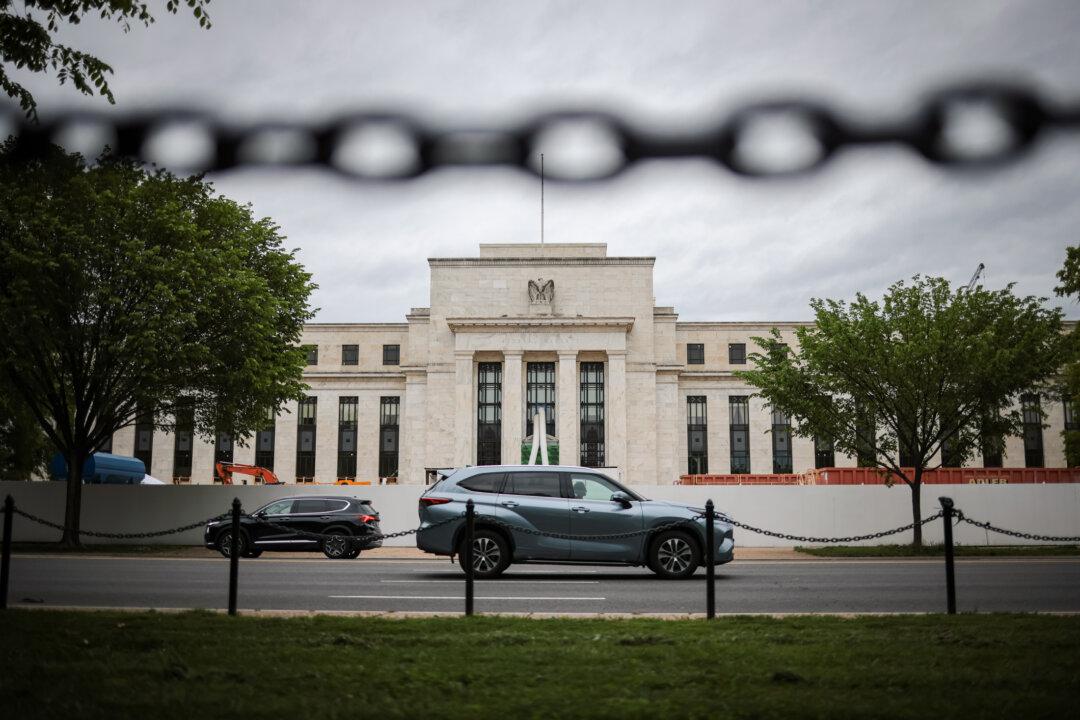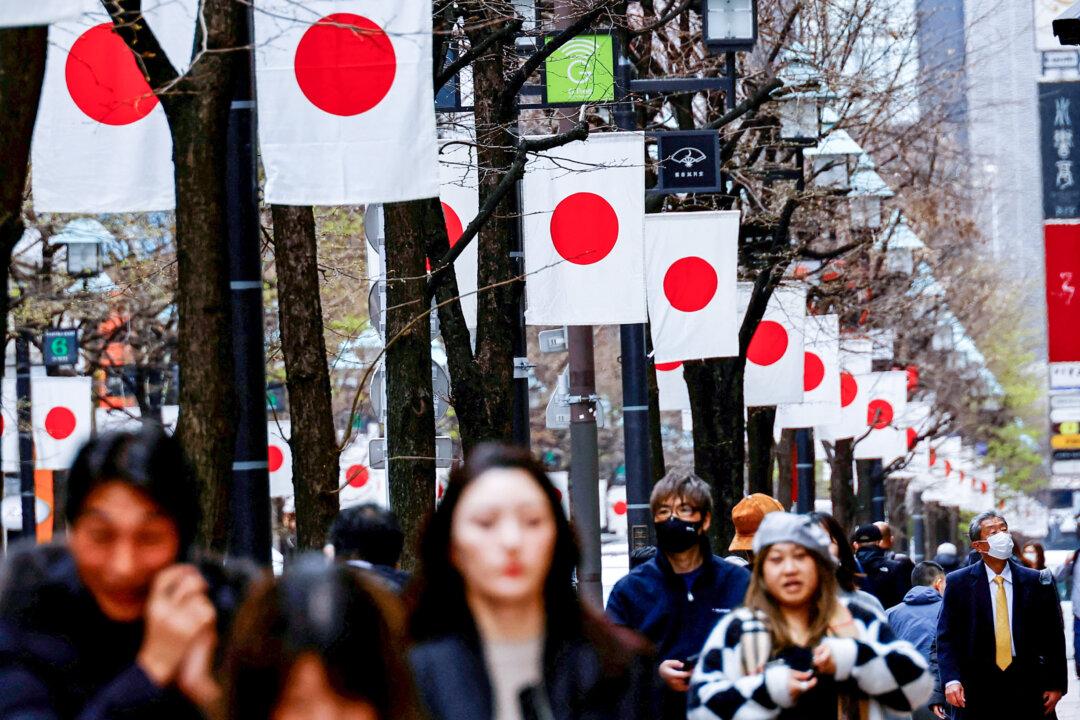Commentary
The so-called Global Financial Leaders’ Investment Summit was held this week. China experts know well that “contrarian theory” is needed to thoroughly understand China: What the Chinese Communist Party (CCP) or its mouthpiece emphasizes is often already lost. The same is true for the international status of Hong Kong. All sources of information suggest Hong Kong is no longer an international city. Yet the Chinese officials are asking people not to read the western news, while Hong Kong officials are asked to “tell good stories.”





